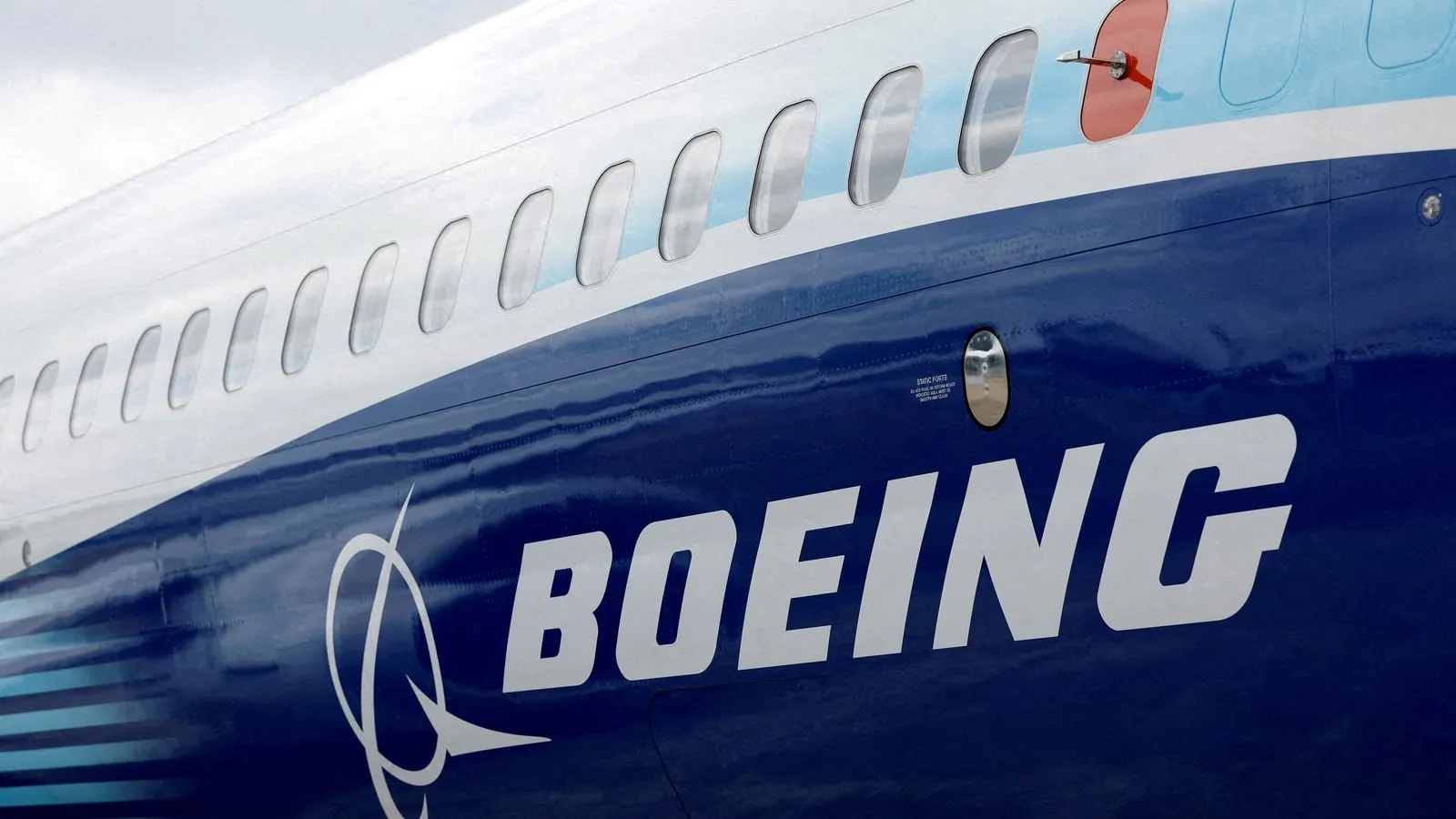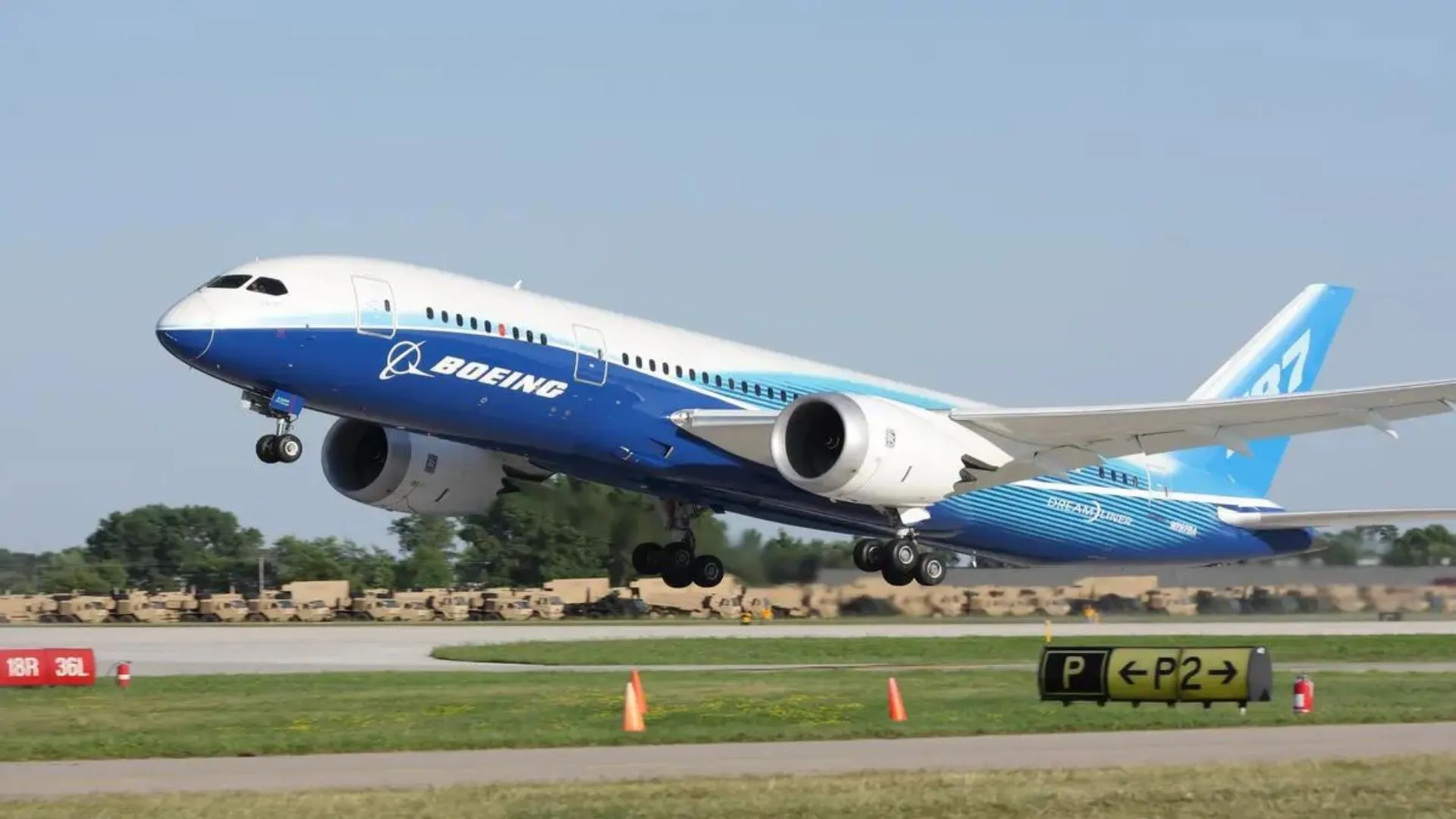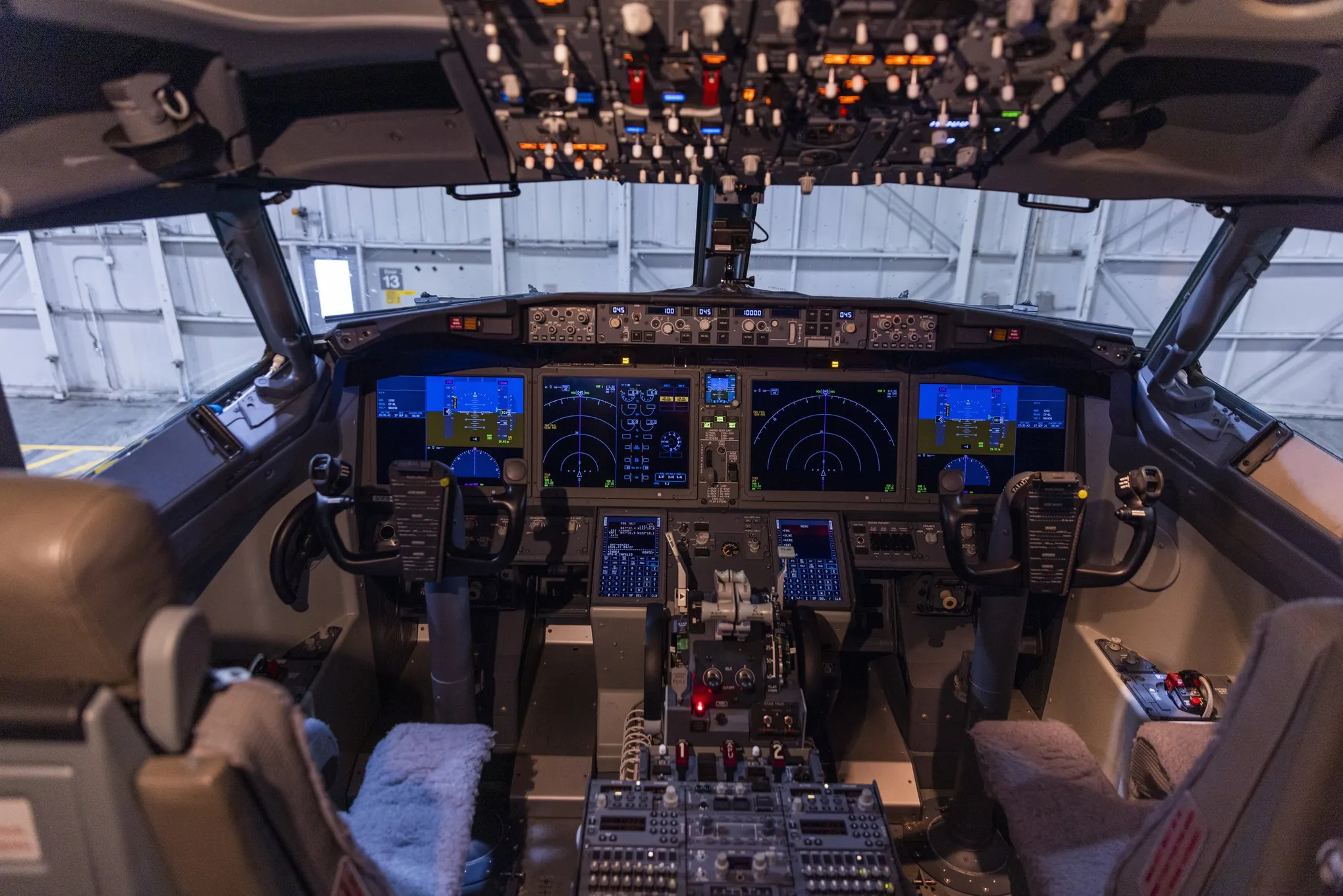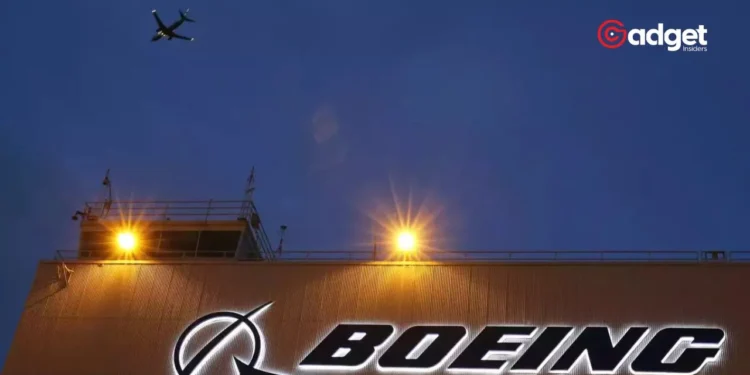In recent weeks, the aerospace industry has been rattled by a series of whistleblower revelations from within Boeing, a titan of the skies, known for its iconic 787 Dreamliner. The latest to come forward, Roy Irvin, a former quality investigator at Boeing’s South Carolina plant, has cast a stark light on what he perceives as serious safety oversights—a narrative of neglect that could have dire implications for air travel safety.
Roy Irvin’s tenure at Boeing, from 2011 to 2017, was marked by mounting concerns over what he describes as critical lapses in the assembly line’s safety protocols. His allegations are not just about minor oversights; they involve fundamental safety devices on the 787 Dreamliner aircraft.
“Missing safety devices on hardware or un-tightened hardware means that you’re not going to be able to control the airplane if those fail,” Irvin expressed in a detailed discussion with the New York Post. He further clarified the gravity of such oversight, stating, “If the fastener is not secured correctly, it’s going to fall off and you’re not gonna be able to control the airplane.”

A Pattern of Concern for Boeing
This alarming revelation comes on the heels of similar concerns echoed by other Boeing employees. The Everett, Washington plant was reportedly in a state of “panic mode,” with employees working tirelessly to address defects flown in from South Carolina. Such incidents have painted a troubling picture of a company struggling to maintain its acclaimed standards of safety and quality.
Brian Knowles, an attorney specializing in whistleblower cases, noted a significant uptick in concerns from Boeing employees, revealing that his firm has received numerous inquiries in recent weeks.
“Most of the people we’re hearing from are current employees,” he told the New York Post, indicating a pervasive sense of duty among workers to steer the company back towards its foundational commitment to safety and integrity.

Tragic Echoes and Corporate Responses
The narrative takes a darker turn with the deaths of John Barnett and Joshua Dean, both former Boeing whistleblowers, whose untimely passings add a somber note to the urgency of these issues. Barnett, who also raised alarms about safety flaws, was found dead in March, with authorities ruling his death a suicide.
Dean, a quality auditor, succumbed to an illness in April. Their stories, fraught with personal sacrifice and professional risk, underscore the profound impact of these systemic issues on individuals and their families.
In light of these pressing concerns, other voices within Boeing have bolstered the call for scrutiny. Sam Salehpour, a Boeing engineer, candidly expressed his apprehensions about the safety of both the 787 and 777 models during a U.S. Senate hearing.
“I have serious concerns about the safety of the 787 and 777 aircraft and I’m willing to take on professional risk to talk about them,” Salehpour stated, revealing a culture of dismissal towards safety concerns at Boeing.

Despite these troubling accusations, Boeing maintains its stance on the safety of its aircraft, asserting confidence in the “extensive and rigorous” testing of its planes.
The company’s official statement emphasizes a zero-tolerance policy towards improper work and unethical behavior, promising to take necessary actions to comply with regulatory standards and ensure the safety of the flying public.
As these whistleblower revelations unfold, they not only challenge Boeing’s operational integrity but also call into question the broader implications for the aerospace industry’s regulatory and safety norms.
The courage of these individuals to come forward, often at great personal cost, serves as a pivotal reminder of the ongoing struggle to balance corporate efficiency with uncompromising safety standards.










